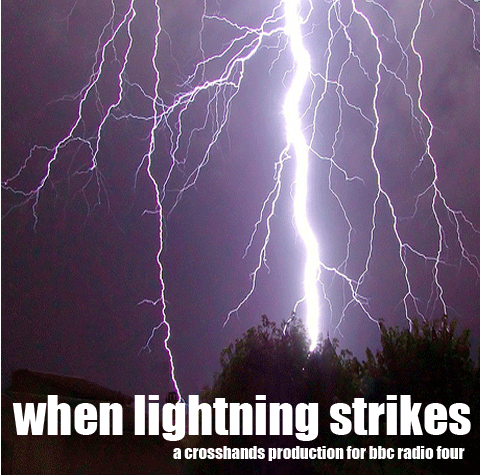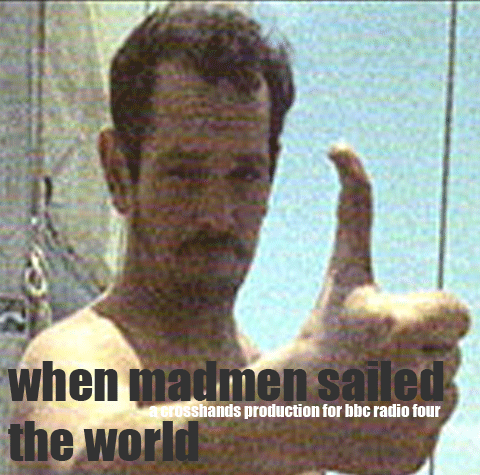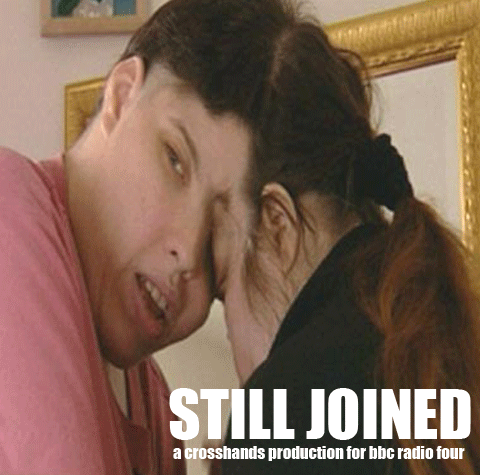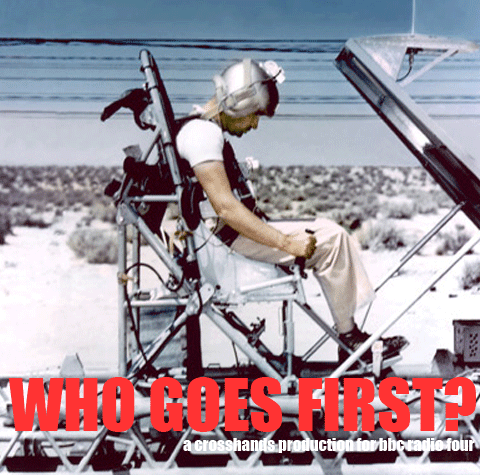
Image credit: PA
He’s not on the BBC’s list of top earners, so we can safely assume Danny Baker was paid less than £150,000 a year for his Saturday morning job at Radio 5 Live. But getting the sack for tweeting a picture of a smartly dressed chimp captioned “royal baby leaves hospital” was an expensive mistake all the same – both financially and reputationally.
Of course, he’s not the first to, dare I say, make such a chump of himself on the social web. And he definitely won’t be the last. So what is it about Twitter that leads so many people who should know better to say silly things?
“Facility and immediacy combined are a toxic mix.”
Richard Uridge, social media trainer, ACM Training
Facility, that is ease of use, is the first part of the problem. Speed is the second part. The two together make a toxic mix. The ubiquity of mobile phones with their always on apps leads to what I call instant quips: words and images that we realise, too late (post post if you will ), are really not that funny or, worse still, potentially offensive. If we had to go home or back to the office and login via a dial-up internet connection (remember them?) we’d have time for reflection.
There’s a third component in the Danny Baker case. Journalists and, in particular, those working in live broadcasting thrive on the buzz. Believe me I’ve been there. It’s like a drug. In fact it is a drug – just a naturally occurring one called dopamine. So tweeting leads to a natural high. And, just like junkies, the more you tweet the more you need to get the same level of high. Until one day you overdose.
So what’s the answer? Short of coming over all cold turkey and deleting your Twitter account(s), I recommend you follow my seven minute rule as a part of a social media policy. It works a bit like a longer version of the seven second delay on early radio broadcasts which meant that bloopers and profanities could be stopped before they made it to air. Wait seven minutes – you really won’t miss the party – and if the tweet still works* for you and, crucially, your target audience then by all means hit the tweet button. And if it doesn’t? Then use the next seven minutes to change it until it does.
*By works for you I mean is the tweet or social media post purposeful in that it helps move you even a small step towards your personal or organisational objectives? By works for your audience I mean is the tweet likely to be received in the way it was intended. If the answer to one or the other question or both is no then at best you’re simply adding to the white noise on the social web and at worst you’re going to land yourself a P45. Just ask Danny Baker.
[products limit=4 columns=4 skus=”wpid=78,wpid=63,wpid=109,wpid=38″]






